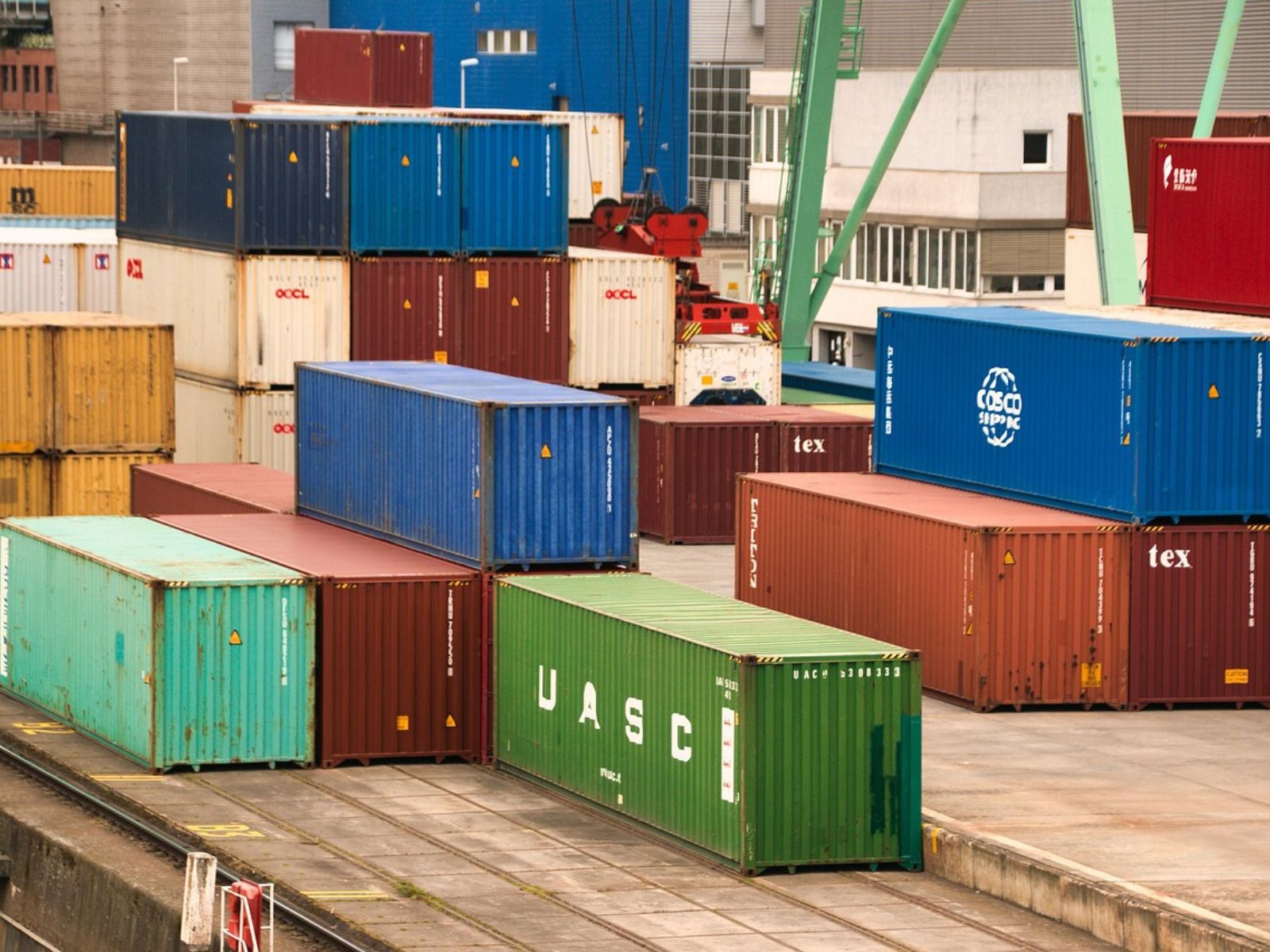
2019: The European “Year of Cannabis”

2019: The European “Year of Cannabis”
There are clearly “banner years” for the modern age of cannabis reform that can be marked, by canna-historians, in different regions, states and countries. The turning of the century marked the beginning of constitutional protections for reasonable access to medicinal cannabis for approved patients (see Canada). In the second decade of the century, this watershed label is true of several years, starting with the historic political roll call of U.S. states in 2012 and the beginning of both the Colorado and Washington State markets in 2014 (which saw two more states, Oregon and Alaska, pass legalization laws).
2018 will no doubt go down in history as the year that Canada finally became the first G7 nation and the second country overall to make cannabis federally legal. However, that is just a place setter in what is about to happen this year. Namely, as of 2019, Europe is, finally, putting cannabis reform in the spotlight. This momentum for reform across the continent will be aided by the International Cannabis Business Conference bringing together investors, entrepreneurs, and advocates toegether in Barcelona, Berlin, and Zurich in the coming months.
How Will Europe Be Different?
For those who think reform here will roll across the continent as it did in the U.S. or be implemented here like Canada, think again. This is a much more highly regulated continent – both on the country and regional level, and the cannabis industry from abroad is having a hard time adjusting. This includes a discussion not only about cannabis as medicine, but also cannabis in just about everything else. That also encapsulates the novel foods discussion surrounding all things CBD.
In both medical use and more commercial applications, expensive trials and tests, plus a lot of paperwork are required. And, in a flash of news that needs to be heard loud and clear on the other side of the Atlantic – for the most part, governments aren’t necessarily interested in expensive, public health insured, branded cannabis products. They are looking for generics (or generics plus) that work and aren’t expensive. The whole point of the German cultivation bid, apart from establishing a legal framework for the continent, is to set prices. And those prices are expected to come in no higher than they are in Canada. Prices in Europe, in other words, are going to drop.
Beyond this business environment, which has its pitfalls for the uninitiated, there is a political climate that remains relatively suspicious of the possibility of medical cannabis actually working and also the industry itself. This includes just about all bank regulators responsible for or touching in any way, the “industry” in the city of Frankfurt, the center of the European financial world (see the presence of the European Central Bank.) While there are certainly individual Euro-based and British bankers who accept the industry, the regulatory derring-do that got the industry up and running in the U.S. and Canada is not flying here. It likely won’t even after full on recreational laws pass and this has nothing to do with the cannabis plant, but creative use of securities laws and a whole other kettle of fish.
So it is not as if the market is not opening here this year. It is. But this year, and for several after it, European reforms will take its own regionally inspired path. And there has been, so far, nothing “like it.”
Marguerite Arnold is an American expat who has covered the industry for the last five-plus years from Germany. Her book about the industry in 2014 (Green) has just been republished. Her second book, Green II, about the cannabis market in Europe in 2019, will come out next year. She will also be speaking at the International Cannabis Business Conference in Berlin.
Share article


Share article
Join Our Awesome Community
Join Our Awesome Community
Join Our Awesome
Community
Get all the latest industry news
delivered to your inbox





